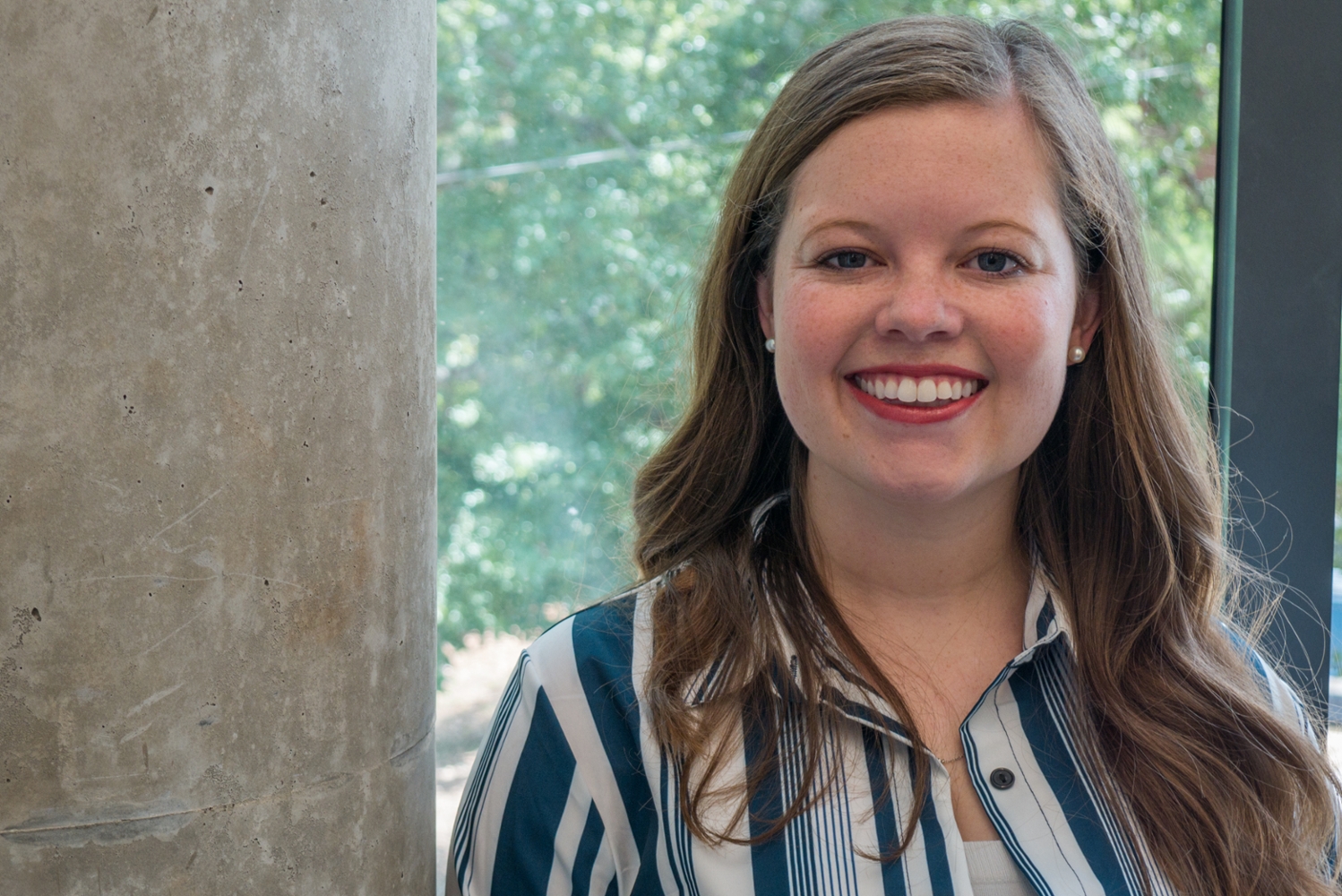COSAM News Articles 2019 July Physics Graduate Student Conducts Experiment in France with the International Space Station
Physics Graduate Student Conducts Experiment in France with the International Space Station
“I knew in my junior year of high school that I would pursue a career in physics,” explained Lori Scott, a third-year graduate student in the Department of Physics in the College of Sciences and Mathematics (COSAM) at Auburn University.
Although Lori knew that her passion for physics would fuel her desire to pursue her doctoral degree and a career in physics, she had no clue that one day she would be conducting an experiment on board the International Space Station.
“COSAM makes an impact around the world, and even in space,” shared Dean Nicholas J. Giordano. “I am incredibly proud that a graduate student in the Department of Physics is part of a project with the International Space Station. I hope that Lori inspires other women to explore studying physics and shows where this path can take you.”
Lori is part of a team examining how the thermal properties of dust particles in a plasma environment evolve as the plasma parameters change in the Plasma Kristall-4 (PK-4) dusty plasma laboratory. With additional team members from Baylor University and Wittenberg University, 12 scientists are working on this experiment in collaboration with the German Center for Air and Space, European Space Agency, and ROSCOSMOS (Russian Space Agency).
In February and May of 2019, Lori traveled to Munich, Germany to finalize the team’s proposal and participate in testing the computer scripts that run the experiment for the upcoming experiment campaign. She worked to ensure that the framework for this project was correct and the scripts would be able to gather the appropriate data.
During July 22 – 28, 2019, Lori is in Toulouse, France. She is interacting with Russian cosmonauts on the International Space Station. Lori has to ensure the information captured in space is specifically what is needed for this experiment and will be able to instruct the cosmonauts if changes are necessary.
The goal of this project is to research polarity switching, a stopping technique used in PK-4, to see how the kinetic energy of flowing dusty plasmas is converted into other forms of energy once the particles are stopped. Once Lori returns to Auburn, she and the team will analyze the data.
“I love physics because I can apply concepts to real-world problems,” Lori said. “I cannot wait to be part of an experiment that is actually being conducted out of this world.”
Latest Headlines
-
06/17/2024
-
06/07/2024
-
05/31/2024
-
05/28/2024
-
05/28/2024

